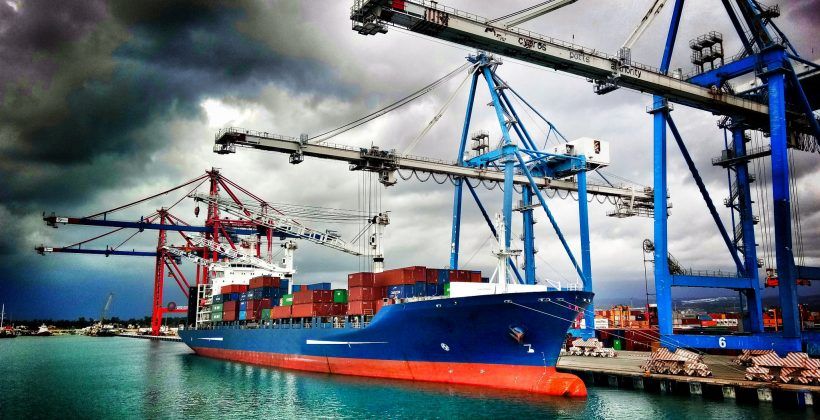Criminal gangs are increasingly exploiting maritime transport to smuggle large volumes of illicit drugs to markets around the world, noted the International Chamber of Shipping (ICS).
Nearly 90% of all cocaine, 45% of all cannabis, and 30% of all amphetamine-type stimulants seized globally between January 2017 and April 2020 were trafficked via shipping, despite best efforts, according to the ICS, of the shipping industries to combat this activity.
“We all share a collective responsibility to help combat this illegal trade,” said Cámara in his latest publication: Drug Trafficking and Drug Abuse Aboard Ship: Guidelines for Owners and Captains on Preparedness, Prevention, Protection and Response.
Worldwide, the global value of drug trafficking is estimated at $ 426 billion.
«The problems of illicit drug trafficking continue to expand and diversify,» said Guy Platten, secretary general of the International Chamber of Shipping.
Maritime transport
In general, traffickers use maritime transport as a vector for their illicit cargo, as ships present opportunities for high-volume movements from producer countries to consumers.
Drug traffickers exploit society’s need to move goods and people across borders, and shipping is a key mode in that transportation chain.
Additionally, Platten said they all share a collective responsibility to help combat this illegal trade and this latest post ensures that shipowners and captains are fully informed about best practices to combat this illicit trade.
Published in conjunction with Witherbys, Drug Trafficking and Drug Abuse Aboard the Ship aims to help the industry meet this collective responsibility.
Considered the industry’s leading publication on the subject, the sixth edition has been fully updated to provide guidance on how to protect the ship and crew and reduce the risk of drug trafficking on board.
It also provides advice on responding to drug trafficking and abuse at sea.
Furthermore, the new Guidelines take into account the impact and implications of the Covid-19 pandemic, which has had a continuing effect on drug trafficking and drug abuse, due to the changing nature of the management of national borders and the alteration of established behaviors.
![]()

